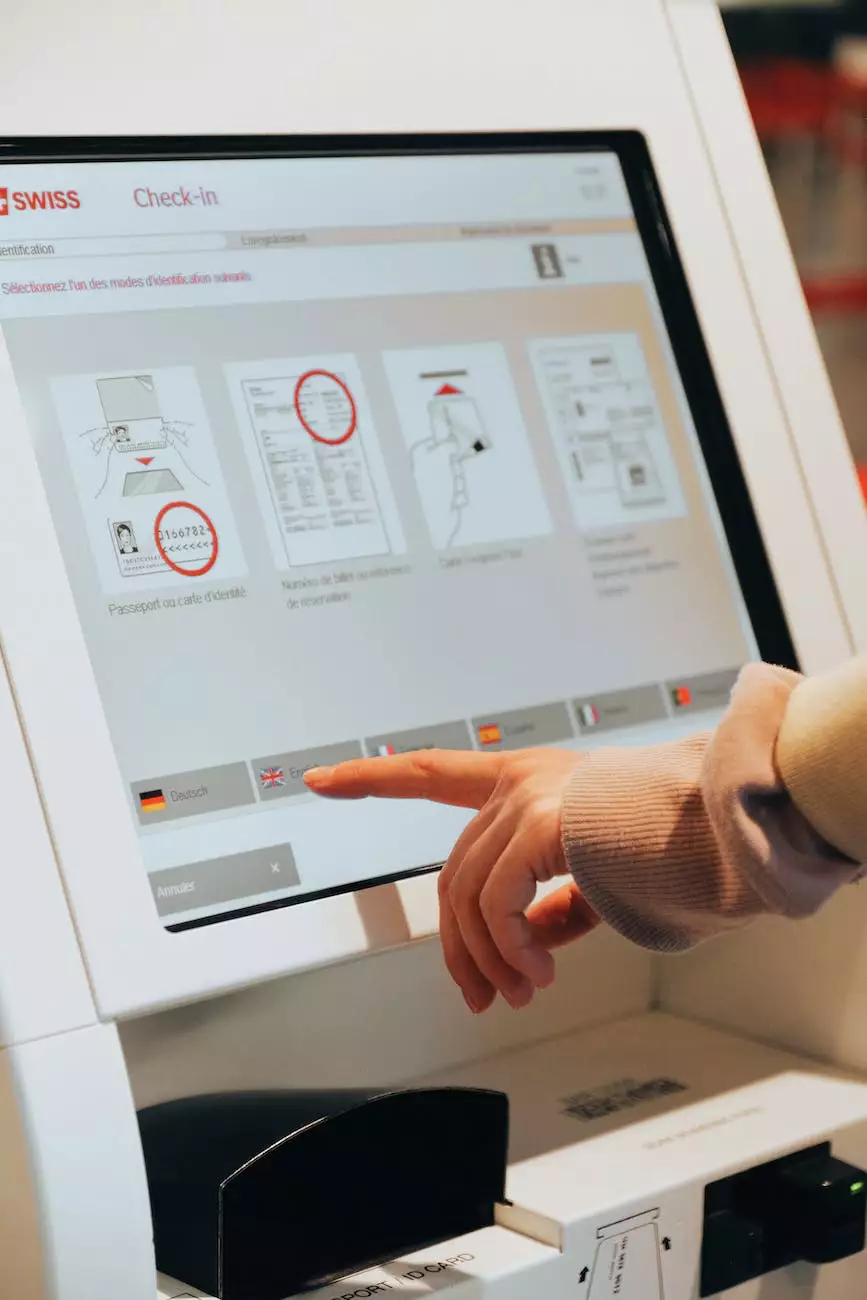How IoT Business Models Help In Gaining More Profit?
Blog
Introduction to IoT Business Models
In the rapidly evolving world of technology, businesses are constantly exploring innovative strategies to gain a competitive edge. One such strategy is the implementation of Internet of Things (IoT) business models. As a leading provider of website development solutions in the Business and Consumer Services category, iBak Solutions recognizes the immense potential of IoT in boosting profitability for businesses across industries.
IoT refers to the interconnected network of devices, sensors, and systems that communicate and exchange data with each other. This seamless connectivity enables businesses to gather valuable insights, automate processes, and create new revenue streams. By leveraging the power of IoT, companies can revolutionize their operations, enhance customer experiences, and drive overall growth.
The Benefits of IoT Business Models
Implementing IoT business models offers numerous benefits for organizations aiming to maximize their profitability:
1. Enhanced Operational Efficiency
IoT enables real-time monitoring and automation of various processes, leading to improved operational efficiency. By connecting devices and systems, businesses can streamline operations, reduce manual errors, and optimize resource utilization. This increased efficiency directly translates into cost savings and higher profit margins.
2. Data-Driven Insights
The vast amount of data generated and captured by IoT devices provides businesses with valuable insights into consumer behavior, market trends, and operational performance. Leveraging advanced analytics tools, companies can analyze this data to make informed decisions and develop targeted strategies. By leveraging data-driven insights, businesses can identify new opportunities, tailor their offerings, and ultimately increase profitability.
3. Improved Customer Experiences
IoT technology allows businesses to personalize and enhance customer experiences by delivering real-time, context-aware interactions. For example, connected devices can gather data about individual preferences and adjust settings accordingly. This level of personalization fosters customer loyalty, increases satisfaction, and ultimately drives repeat business, leading to higher profits.
4. New Revenue Streams
By leveraging IoT, businesses can create entirely new revenue streams by offering value-added services or transforming their traditional products into connected offerings. For instance, a fitness equipment manufacturer can introduce a connected device that tracks user activity and offers subscription-based personalized workout plans. These innovative revenue models have the potential to significantly boost profitability in a rapidly evolving market.
Applications of IoT Business Models
IoT business models find application in various industries, empowering businesses to unlock new opportunities. Some notable applications include:
1. Smart Manufacturing
In the manufacturing sector, IoT enables the creation of smart factories where machines, production lines, and logistics systems are interconnected. This connectivity allows for real-time monitoring, predictive maintenance, and improved supply chain management. These capabilities enhance production efficiency, reduce downtime, and ultimately increase profitability.
2. Connected Healthcare
IoT has revolutionized the healthcare industry by enabling connected devices, remote patient monitoring, and telemedicine services. With IoT, healthcare providers can remotely monitor patient vital signs, ensure medication adherence, and provide personalized care. These advancements lead to improved patient outcomes, reduced hospital stays, and ultimately cost savings for healthcare organizations.
3. Smart Cities
IoT plays a crucial role in the development of smart cities, where interconnected systems manage various aspects like traffic, energy consumption, waste management, and public safety. By optimizing these services, municipalities can improve resource efficiency, enhance citizen experiences, and create new revenue models through data monetization.
Implementing Successful IoT Business Models
To successfully implement IoT business models and capitalize on the potential they offer, organizations should consider the following key steps:
- Identify Relevant Use Cases: Start by identifying specific use cases where IoT can drive the most value. Assess your business needs, customer requirements, and market trends to pinpoint areas with significant potential for IoT integration.
- Implement Robust Infrastructure: Building a strong IoT infrastructure is critical for seamless connectivity and data exchange. Invest in reliable hardware, networks, and cloud platforms to ensure security, scalability, and performance.
- Collaborate with Expert Partners: Engage experienced IoT solution providers, like iBak Solutions, to navigate the complexities of IoT implementation. Partnering with experts ensures access to technical expertise, strategic guidance, and tailored solutions.
- Secure Data and Protect Privacy: As IoT involves the collection and analysis of sensitive data, businesses must prioritize data security and privacy. Implement strong encryption, authentication, and access control mechanisms to safeguard information.
- Monitor, Measure, and Optimize: Continuously monitor IoT systems, gather data, and measure key performance indicators. Analyze the insights and make necessary adjustments to optimize processes, minimize costs, and maximize profitability.
Conclusion
The integration of IoT business models provides businesses with a plethora of opportunities to drive profitability. By embracing IoT, organizations can enhance operational efficiency, gain valuable data-driven insights, improve customer experiences, and create new revenue streams. iBak Solutions, as a leading website development company in the Business and Consumer Services category, is poised to provide cutting-edge IoT solutions to help businesses thrive in the digital era. Embrace IoT, unlock the potential, and stay ahead of the competition.










